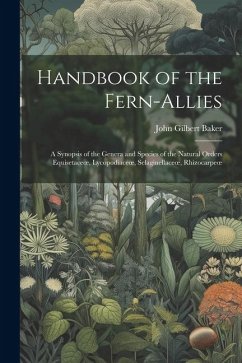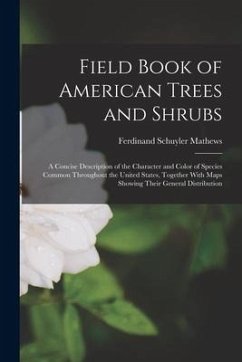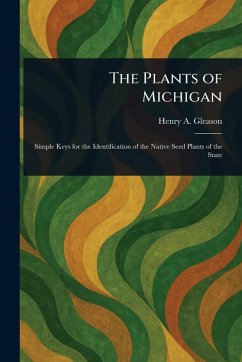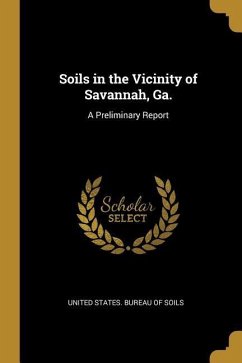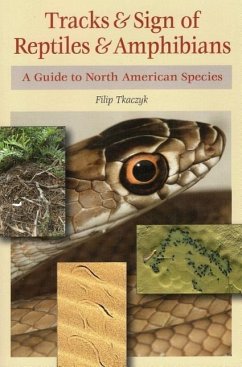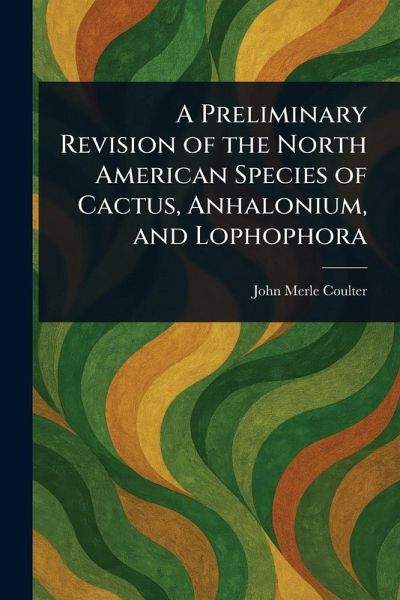
A Preliminary Revision of the North American Species of Cactus, Anhalonium, and Lophophora

PAYBACK Punkte
7 °P sammeln!
Explore the fascinating world of North American cacti with John Coulter's "North American Species of Cactus." This meticulously prepared reprint offers a detailed botanical exploration of these iconic plants. A valuable resource for anyone interested in the flora of North America, this book delves into the diverse species of cactus found across the continent. Within these pages, discover a comprehensive overview of cacti, a subject of enduring appeal for botanists, natural historians, and plant enthusiasts alike. Learn about the unique characteristics and distribution of these remarkable plant...
Explore the fascinating world of North American cacti with John Coulter's "North American Species of Cactus." This meticulously prepared reprint offers a detailed botanical exploration of these iconic plants. A valuable resource for anyone interested in the flora of North America, this book delves into the diverse species of cactus found across the continent. Within these pages, discover a comprehensive overview of cacti, a subject of enduring appeal for botanists, natural historians, and plant enthusiasts alike. Learn about the unique characteristics and distribution of these remarkable plants, which thrive in some of the harshest environments. "North American Species of Cactus" provides a lasting contribution to the study of botany and natural history, making it an essential addition to any nature lover's collection. This work has been selected by scholars as being culturally important, and is part of the knowledge base of civilization as we know it. This work is in the public domain in the United States of America, and possibly other nations. Within the United States, you may freely copy and distribute this work, as no entity (individual or corporate) has a copyright on the body of the work. Scholars believe, and we concur, that this work is important enough to be preserved, reproduced, and made generally available to the public. We appreciate your support of the preservation process, and thank you for being an important part of keeping this knowledge alive and relevant.





